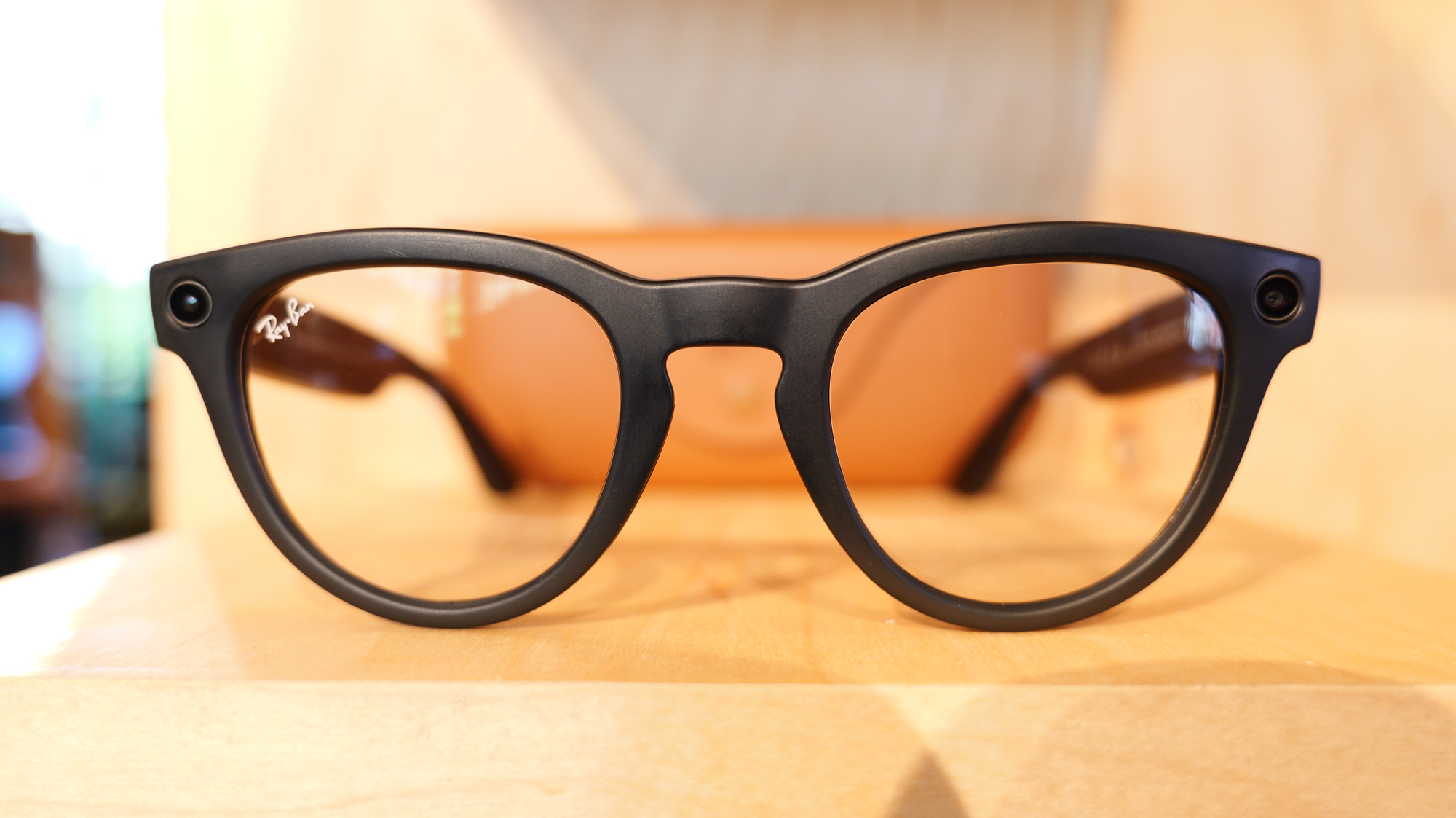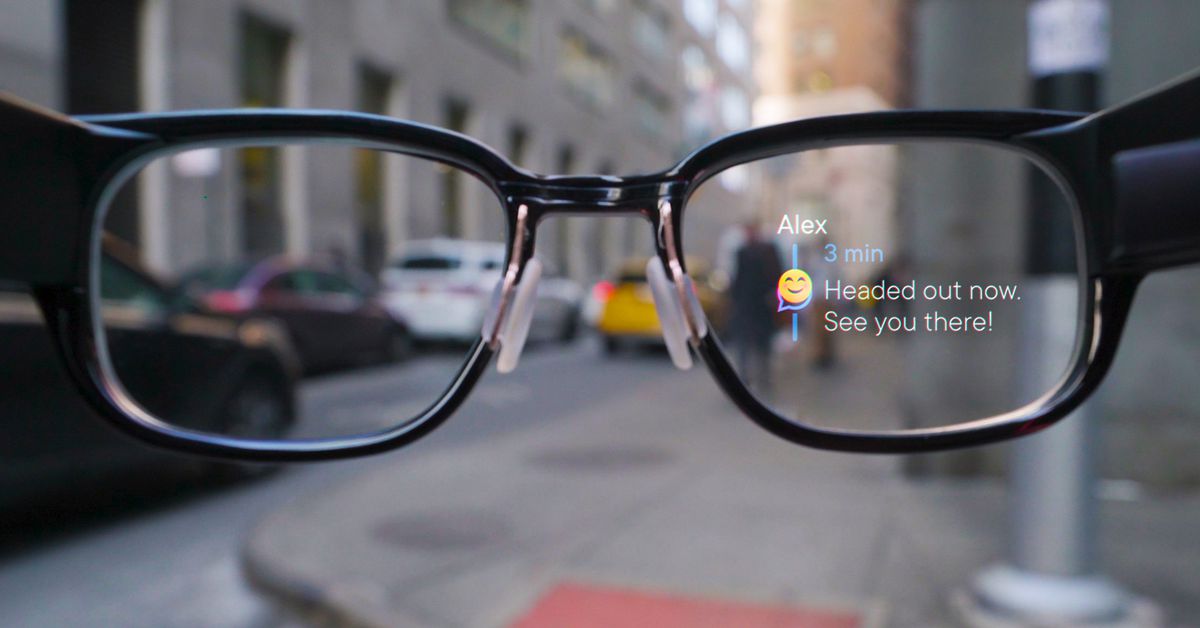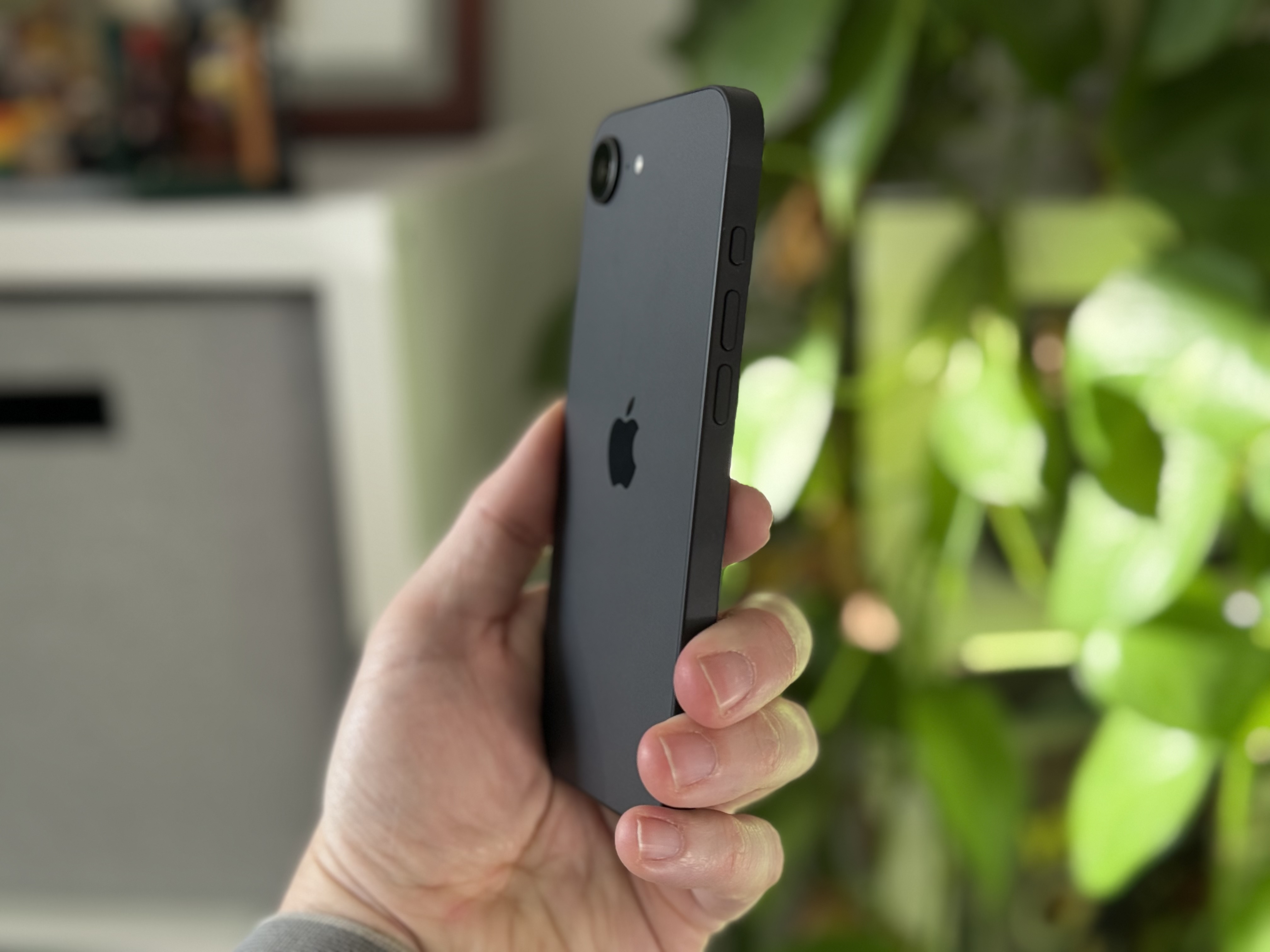'Google has no real vision or ambition in driving the XR space': Former department lead pours cold water on Google Glass 2 rumors
Will Google chase Meta's smart glasses success?

Google may be making moves to revive one of its most lauded products to date after reports recently surfaced via The Financial Times that the company was interested in purchasing a stake in Essilor Luxottica with a view to launching a wearable similar to the Ray-Ban Meta Smart Glasses that make use of Gemini AI instead of Meta AI.
Google's interest in the eyewear giant has left much speculation about the potential revival of its Google Glass smart glasses, especially after the company showcased its Project Astra demo at this year's Google I/O.
However, not everyone believes that a Google Glass revival is inbound, with one former Google senior department lead previously involved with the company's XR/AR division revealing to Laptop Mag their outlook on Google's plans for smart glasses.
Google Glass 2: Don't get your hopes up just yet
Speaking to Laptop Mag, a former senior department lead overseeing Google's XR/AR device development has thrown cold water on the notion of Google reviving its AR smart glasses.
When asked if Google has any real desire to bring its Project Astra smart glasses to market as a complete product, they replied "No. They want a partner to bring it to market ... Google does not want the glasses to be Pixel Glasses. That's what Iris was."
Iris was the codename of an unreleased pair of AR (augmented reality) smart glasses Google worked on for many years before eventually being canceled in 2023. We saw a brief glimpse of Iris as Google I/O 2022, where the real-time language translation and AR subtitling capabilities of the prototype glasses were revealed.
Following Iris' cancellation, Google branched its efforts into Projects Moohan (which sees Google partnering with Samsung to develop an XR/VR headset that could rival the Apple Vision Pro) and Betty (which is dedicated to developing Micro XR software to be used in smart glasses).
Stay in the know with Laptop Mag
Get our in-depth reviews, helpful tips, great deals, and the biggest news stories delivered to your inbox.
While the former is expected to result in a product that will launch "by the end of the year." Project Betty is positioned similarly to how Meta views Horizon OS — as a partner model software platform available for third-party hardware.
Both projects see Google taking a relative backseat in terms of product delivery, and that's something further confirmed by our source stating, "Google has no real vision or ambition in driving the XR space."

Our source continues, "They [Google] had ample opportunity to assert a leadership role with AR+AI Glasses. They purchased North in 2020, assembled a team in 2021, built custom silicon and prototype devices, [and] built up manufacturing capabilities ... Then flushed it all down the toilet in exchange for pivoting to a partner model where Google supplied software and a reference design."
Divulging why Google would suddenly deviate from its smart glasses plans, they reveal, "Google doesn't want to be responsible for making a product. They want someone else to take on that risk."
That risk is palpable, as even in the face of the Ray-Ban Meta Smart Glasses selling "way better" than Meta CEO Mark Zuckerberg expected, Reality Labs (Meta's AR/VR and Metaverse division) still lost more than $16 billion in 2023 alone.
Outlook
Essilor Luxottica is the world's leading designer and manufacturer of spectacles and sunglasses who recently partnered with Google's AI rival Meta to create the popular Ray-Ban Meta Smart Glasses.
In 2014, Google had previously worked with Luxottica (pre-merger with Essilor) to develop its initial smart glasses efforts through the release of Google Glass — a not-so-successful attempt at popularizing the wearable computer in spectacle form.
However, modern efforts to bring smart glasses into the mainstream are proving more successful, and wearables like the Ray-Ban Meta collaboration and Solos AirGo 3 smart glasses are showcasing the possibilities of this form factor to wider audiences.
Countering Googles interest in Essilor Luxottica, Meta is also debating buying a stake of the company, potentially to prevent being shut out from its Ray-Ban partnership in future.
While that may seem hasty, our source did have one final reveal to share with Laptop Mag regarding Google's position on Meta. Pointing to Project Moohan and the upcoming Samsung XR/VR headset, they claim "The only reason Google is in the game is because Samsung decided they want to build something. And Google stepped in to block Samsung from doing the deal with Facebook/Meta."
Should this be the case, it would indicate that Google see Meta's AR and AI potential as an attractive alternative to its own offerings. As such, if we ever do see Project Astra manifest into an actual product, it may be less about Google's own ambitions, and more about stemming Meta's.
More from Laptop Mag

Rael Hornby, potentially influenced by far too many LucasArts titles at an early age, once thought he’d grow up to be a mighty pirate. However, after several interventions with close friends and family members, you’re now much more likely to see his name attached to the bylines of tech articles. While not maintaining a double life as an aspiring writer by day and indie game dev by night, you’ll find him sat in a corner somewhere muttering to himself about microtransactions or hunting down promising indie games on Twitter.

